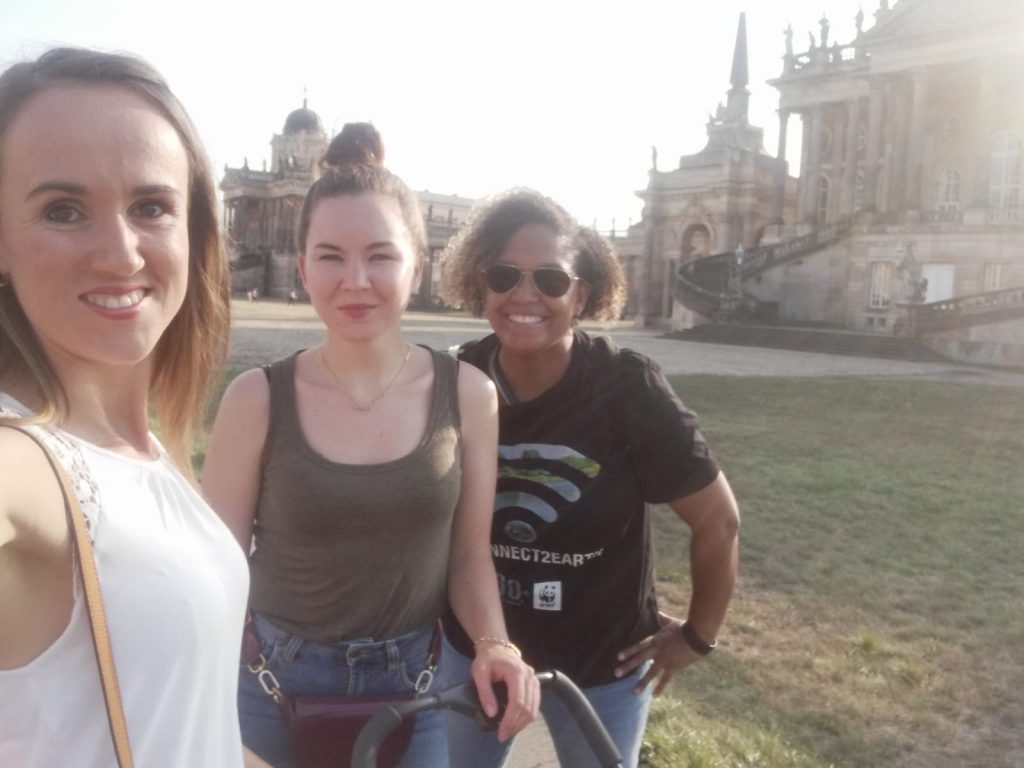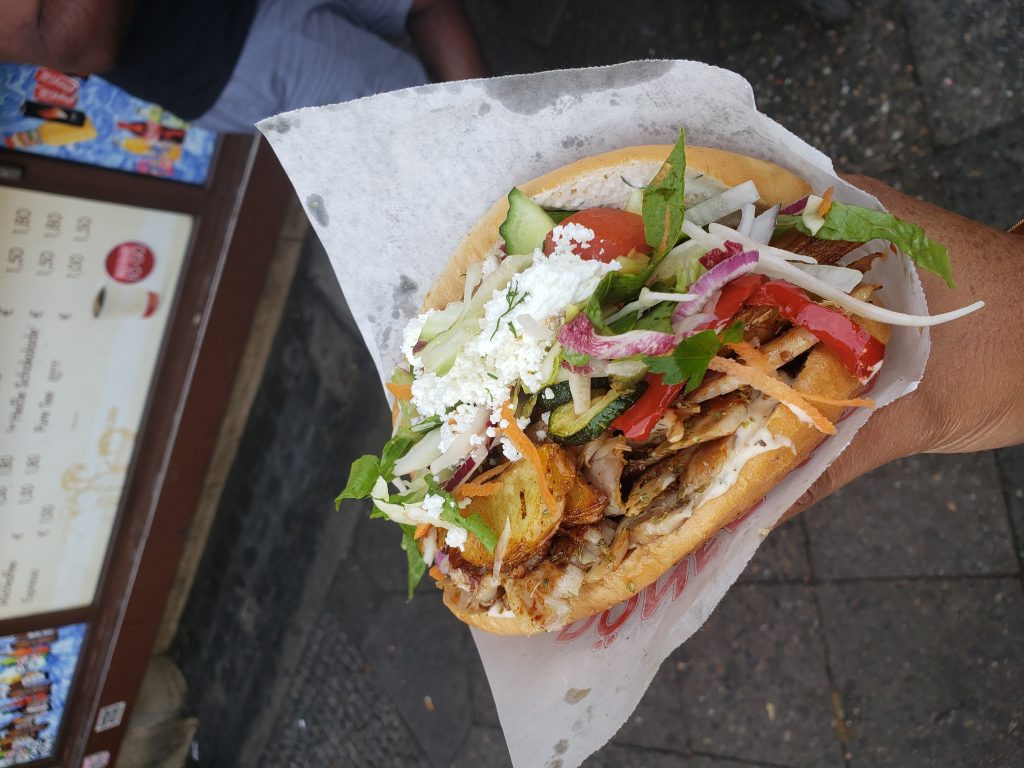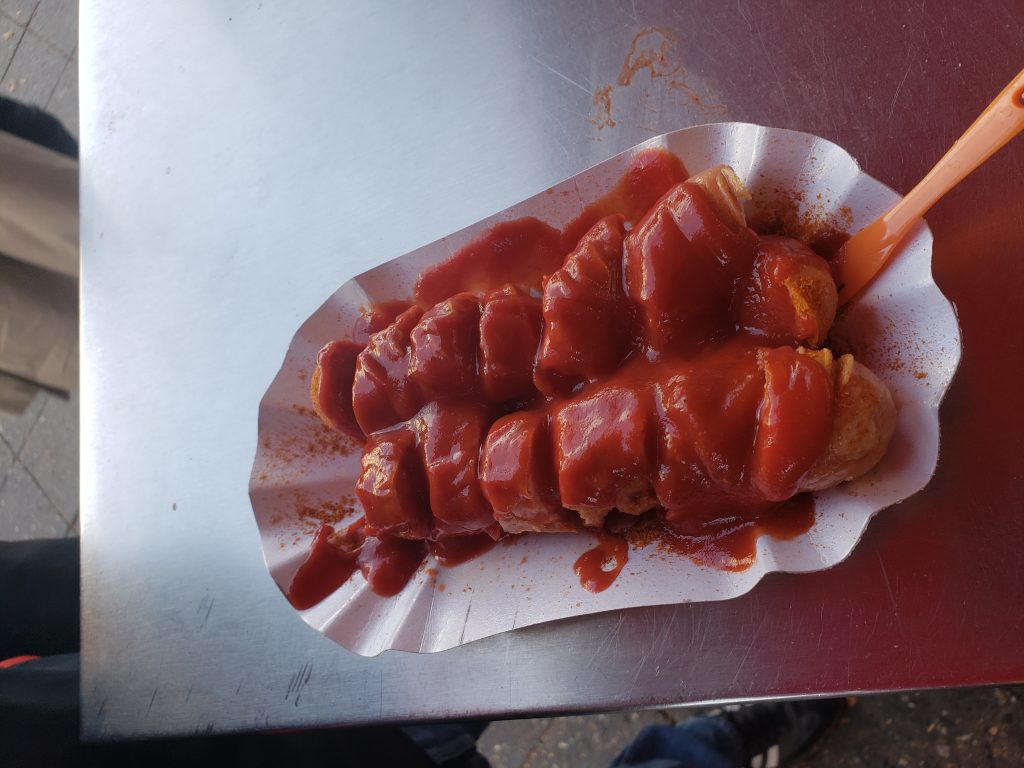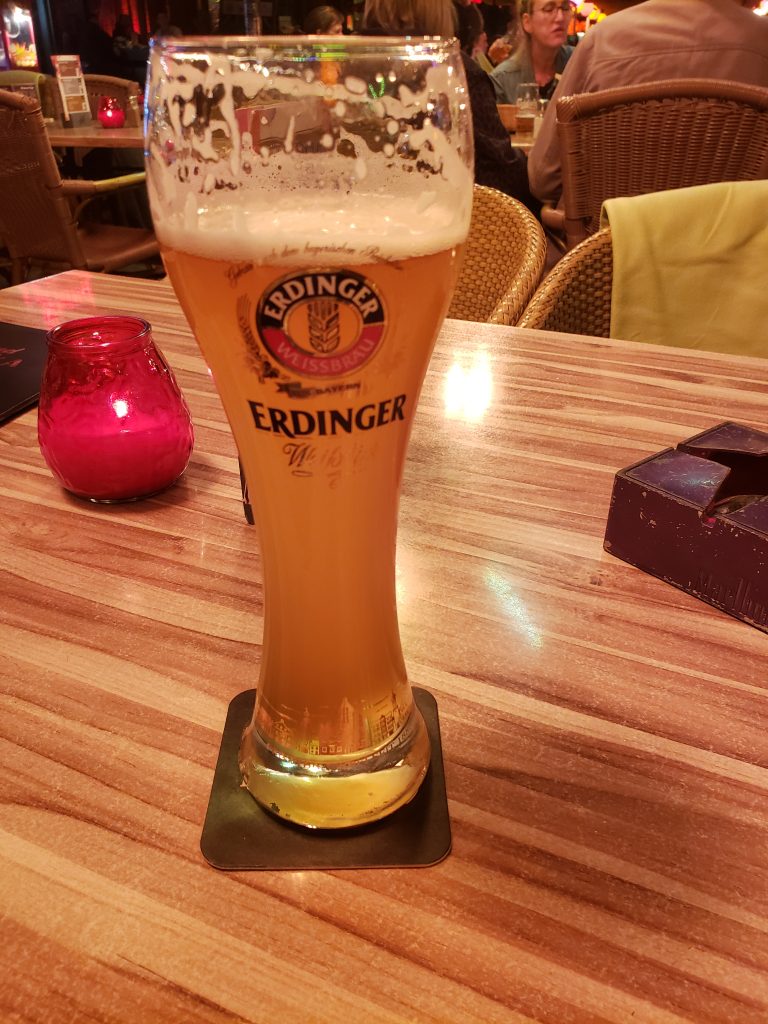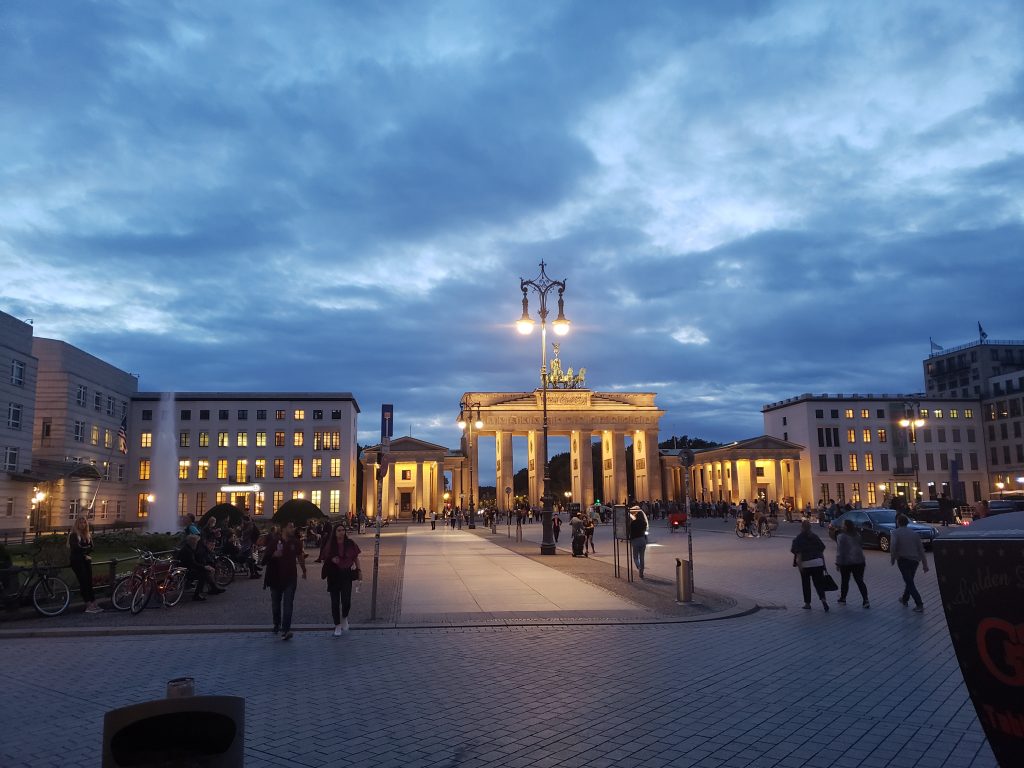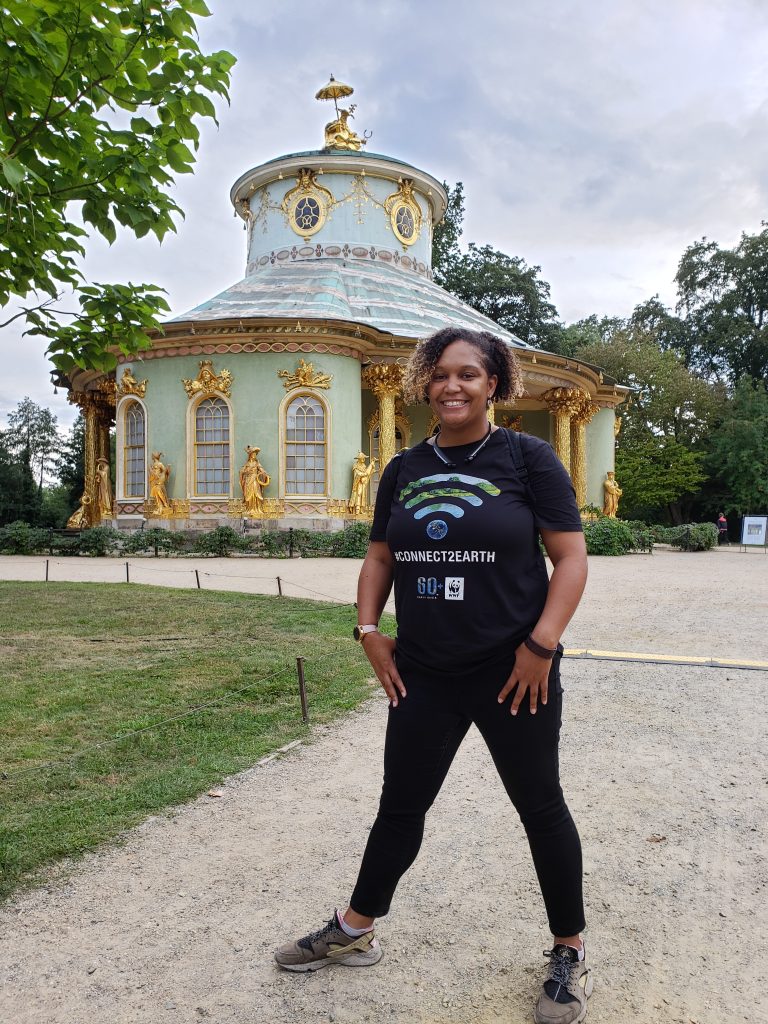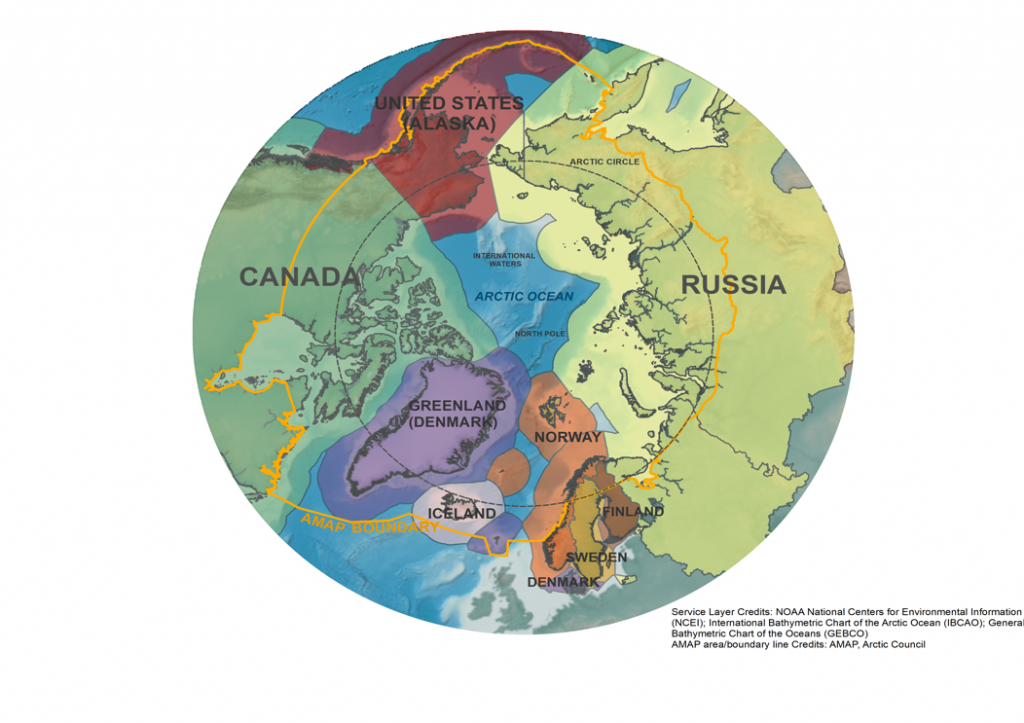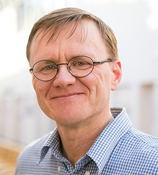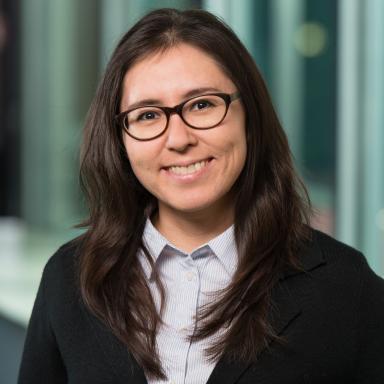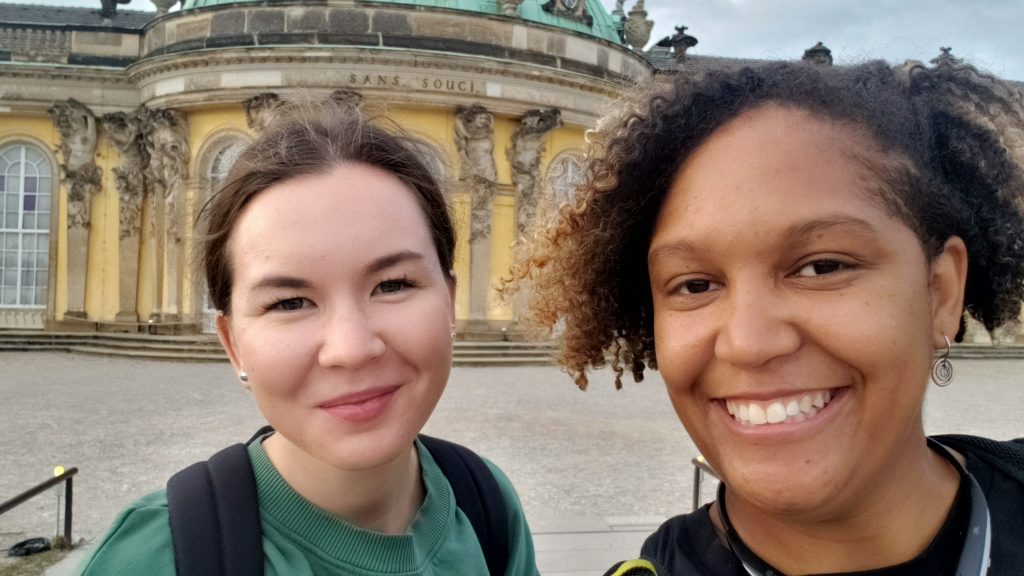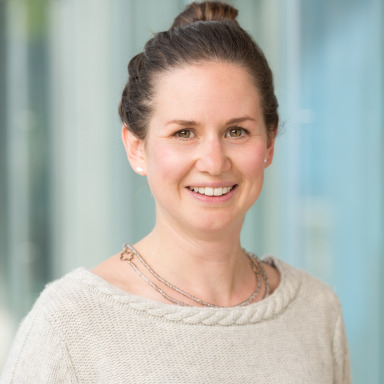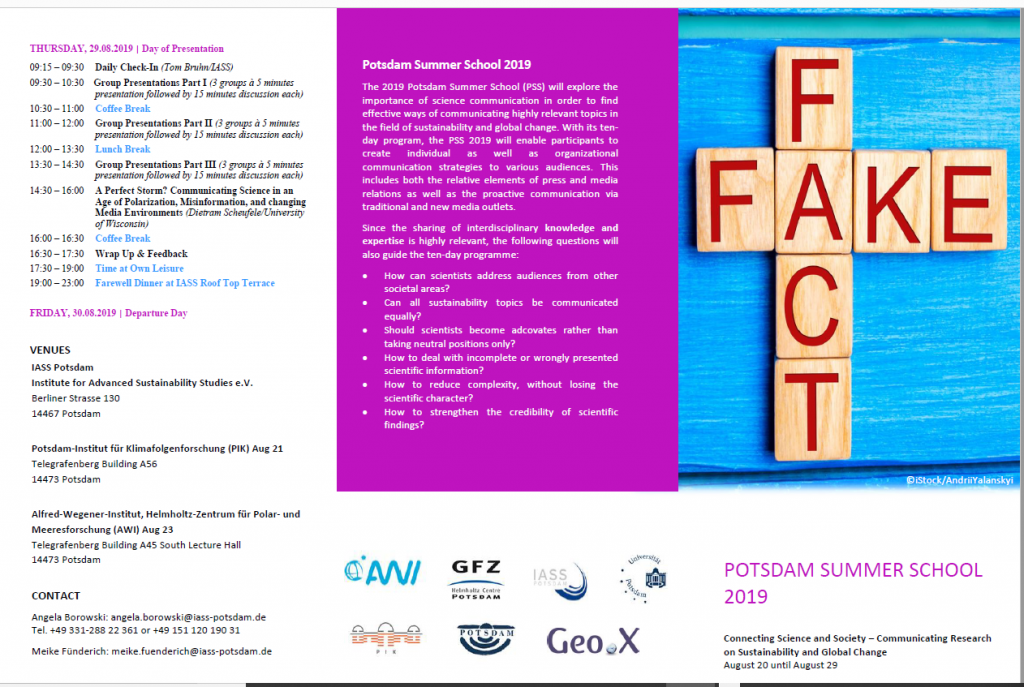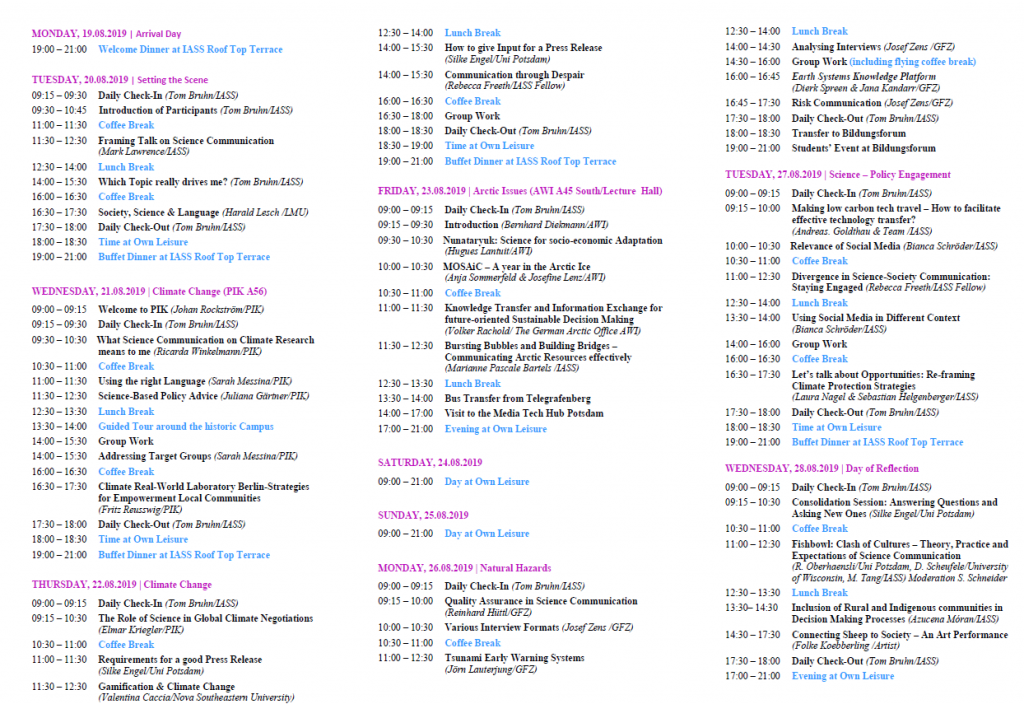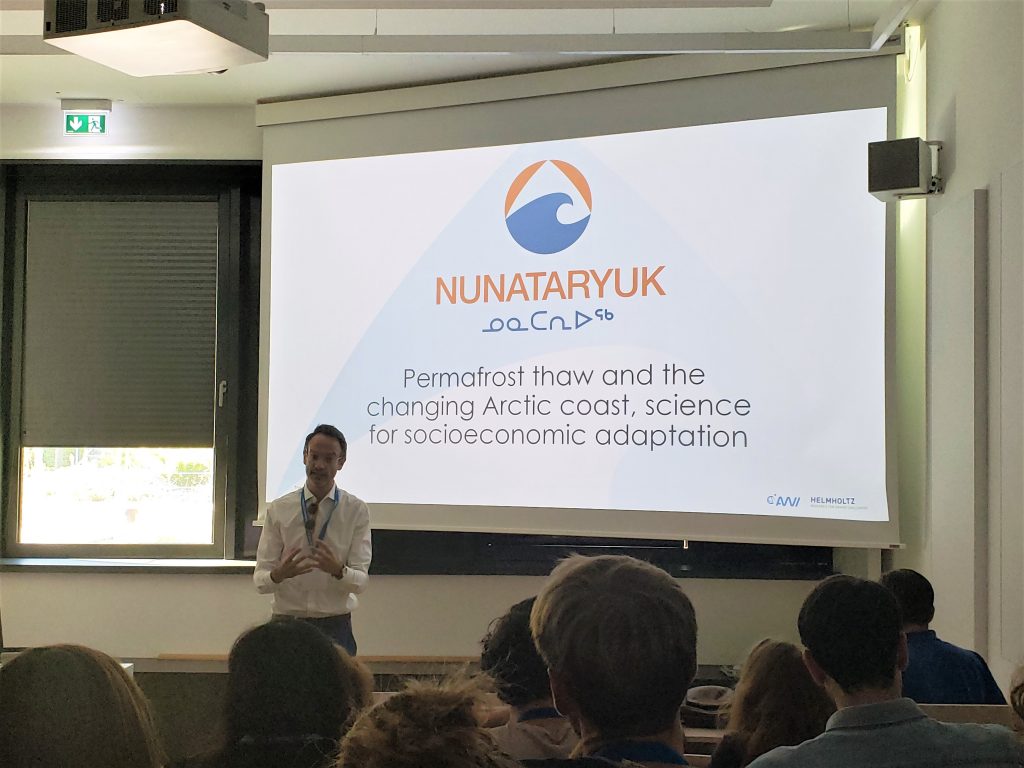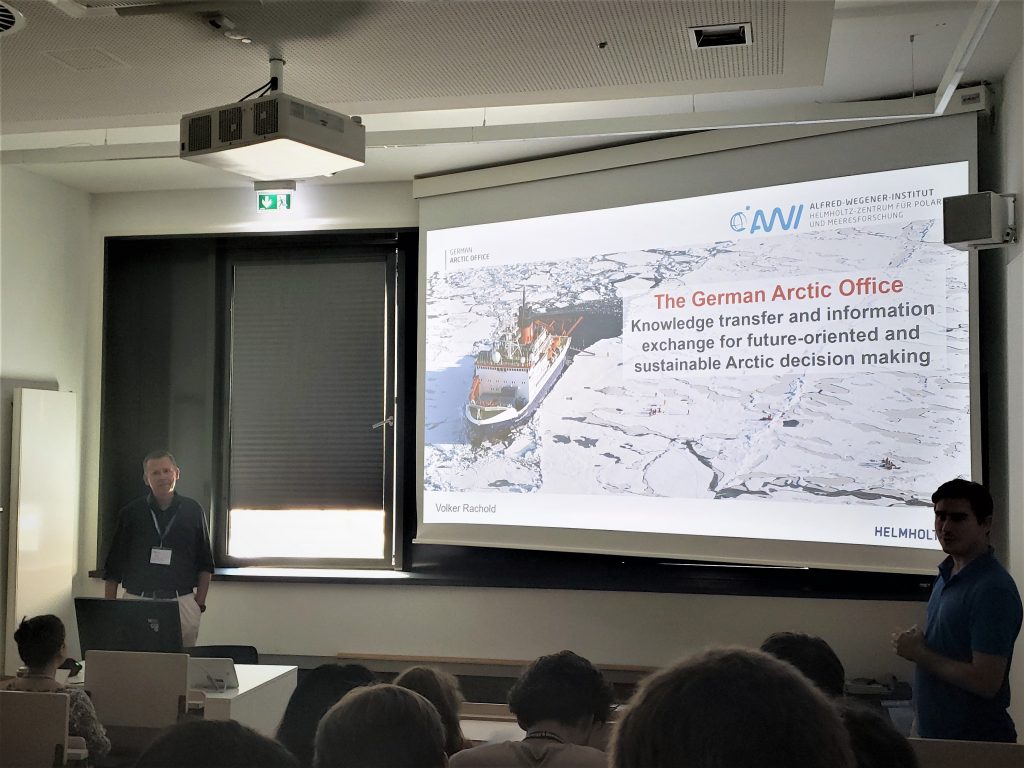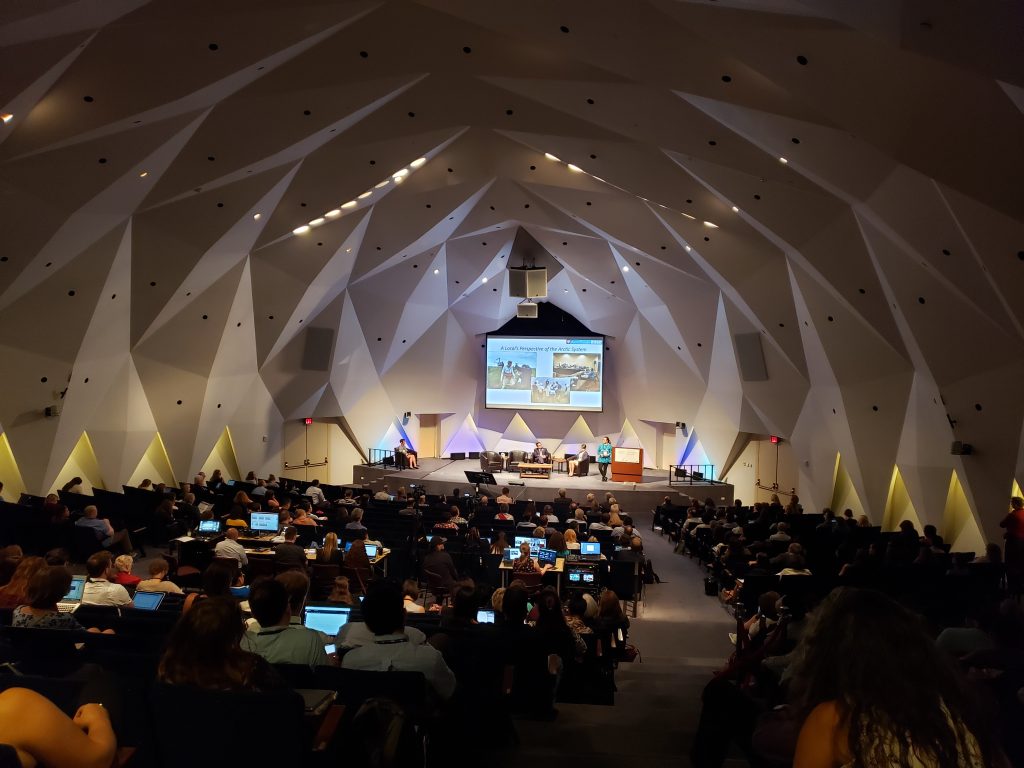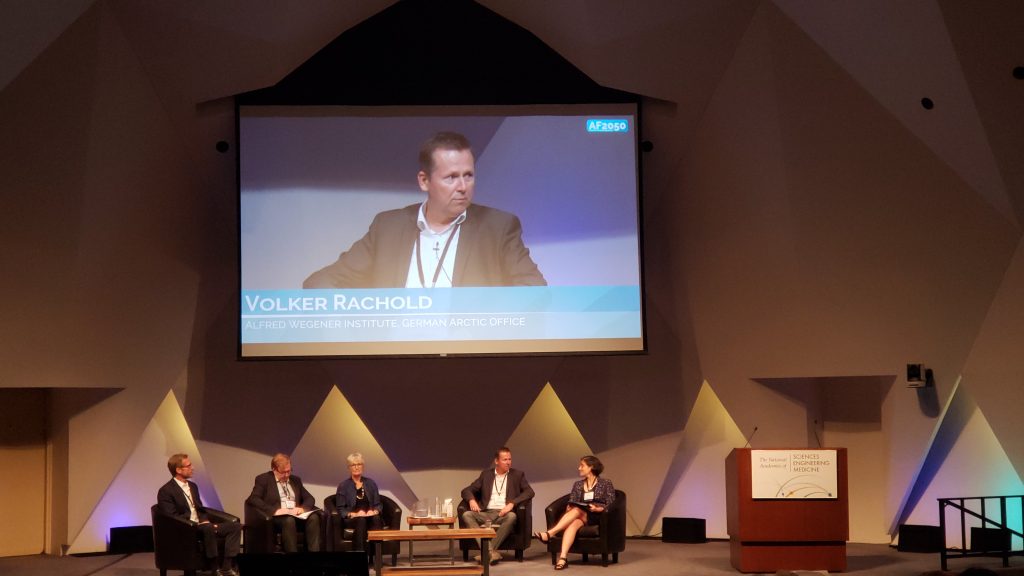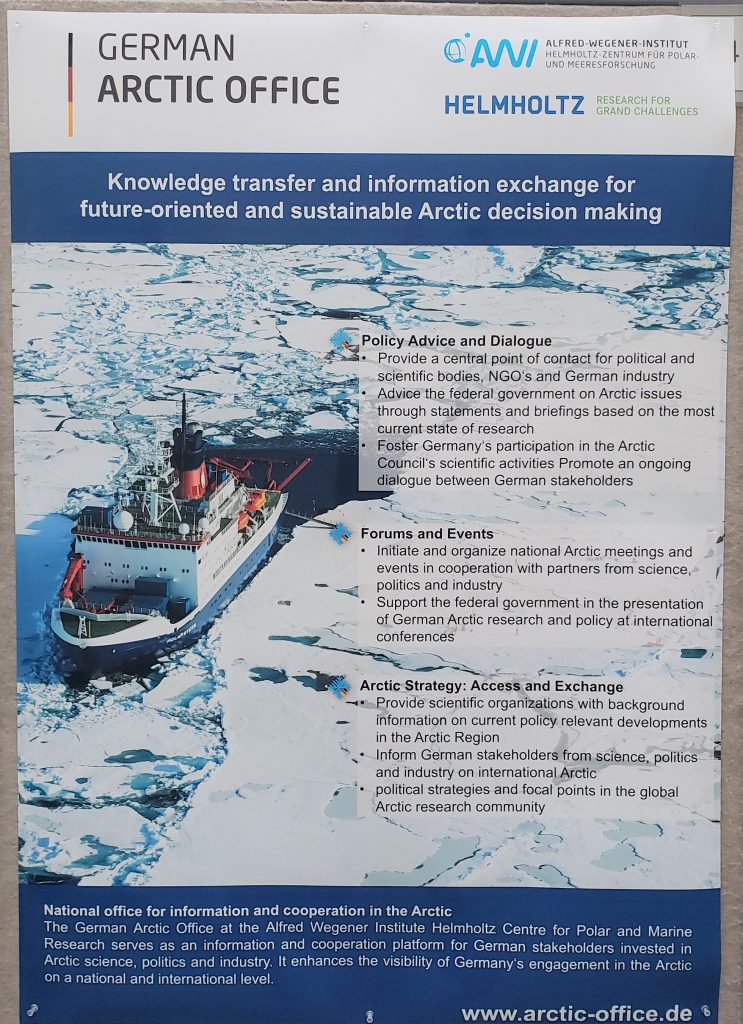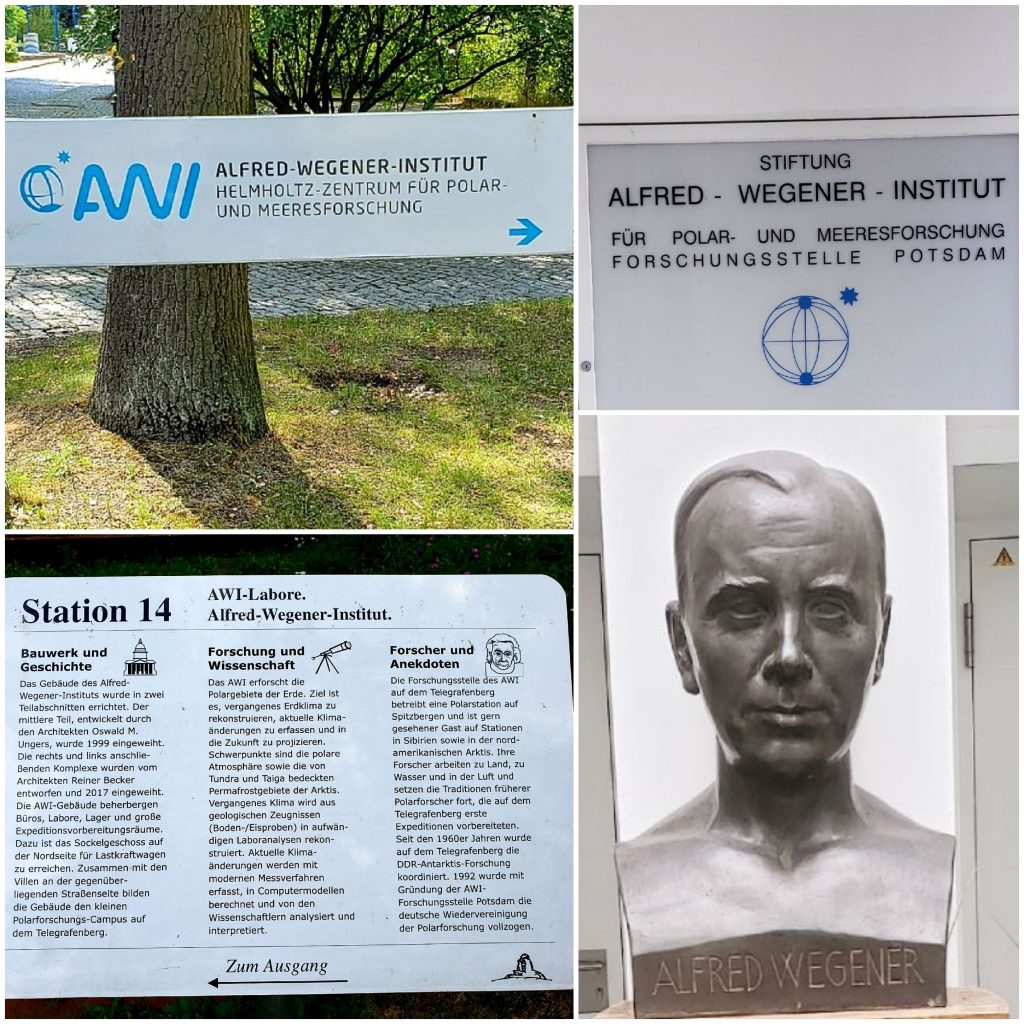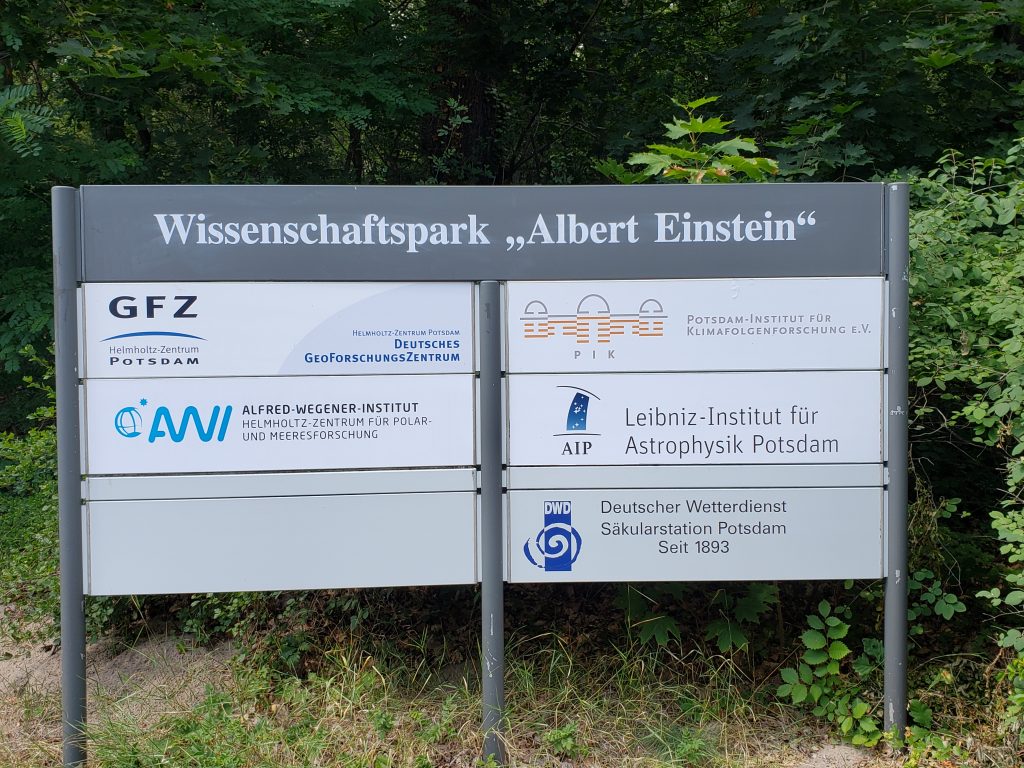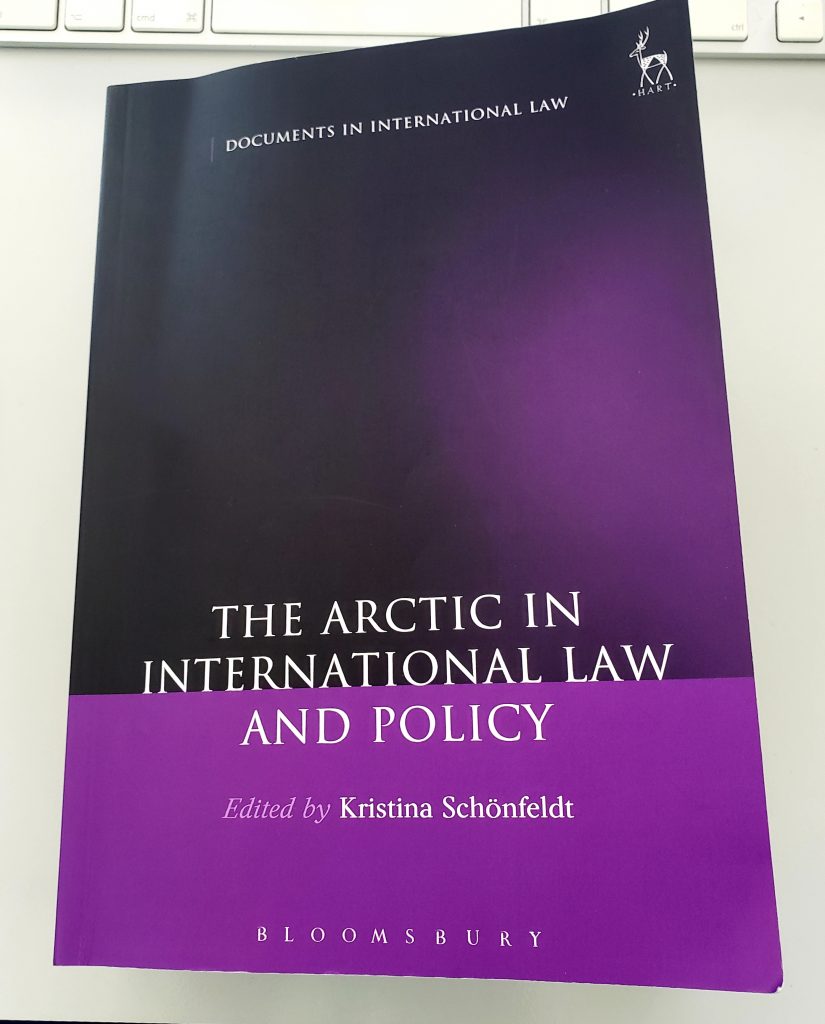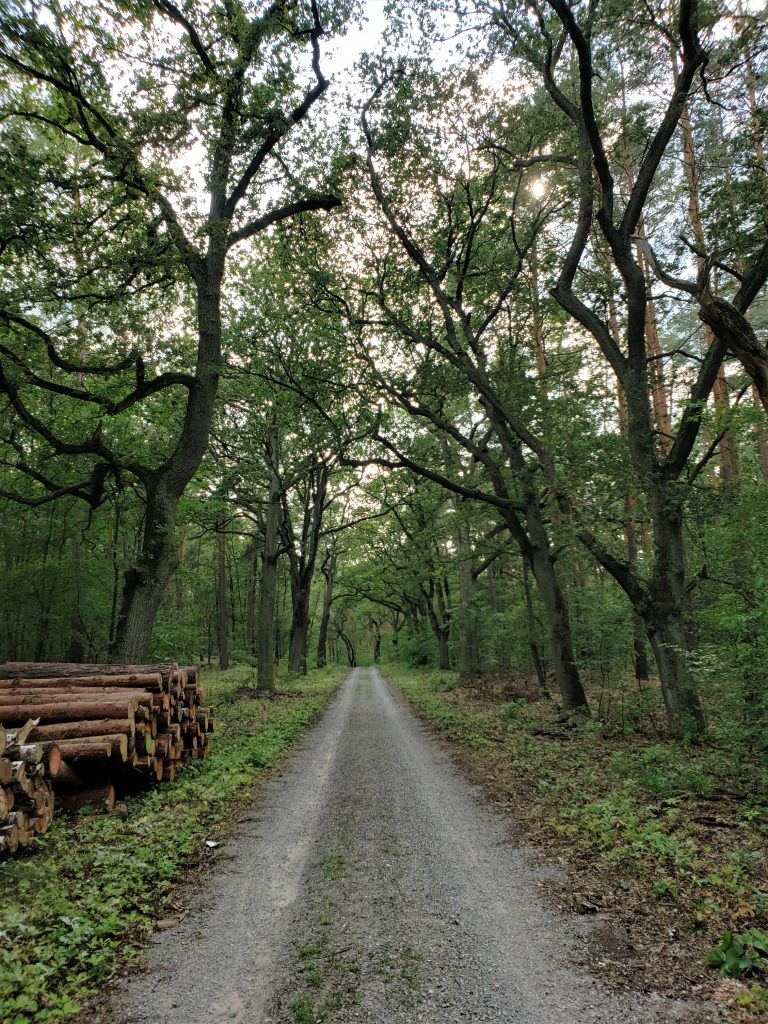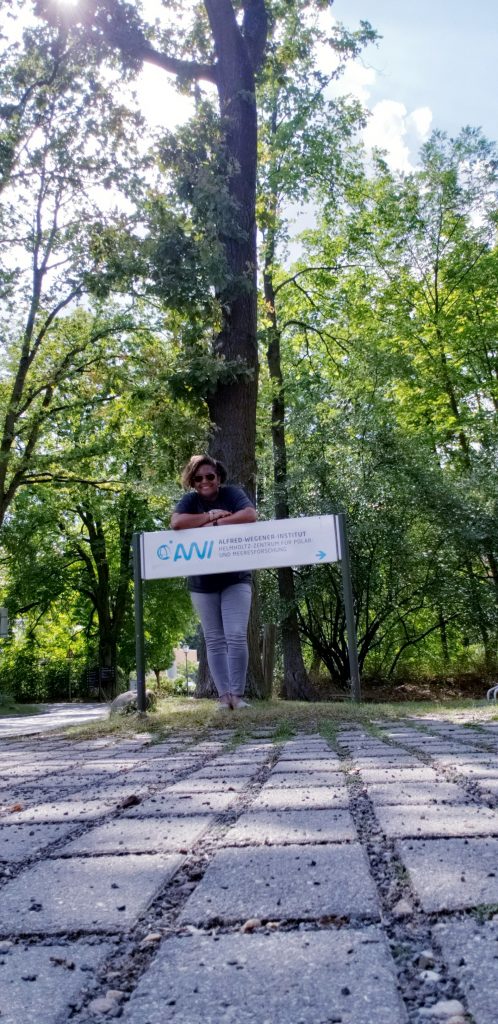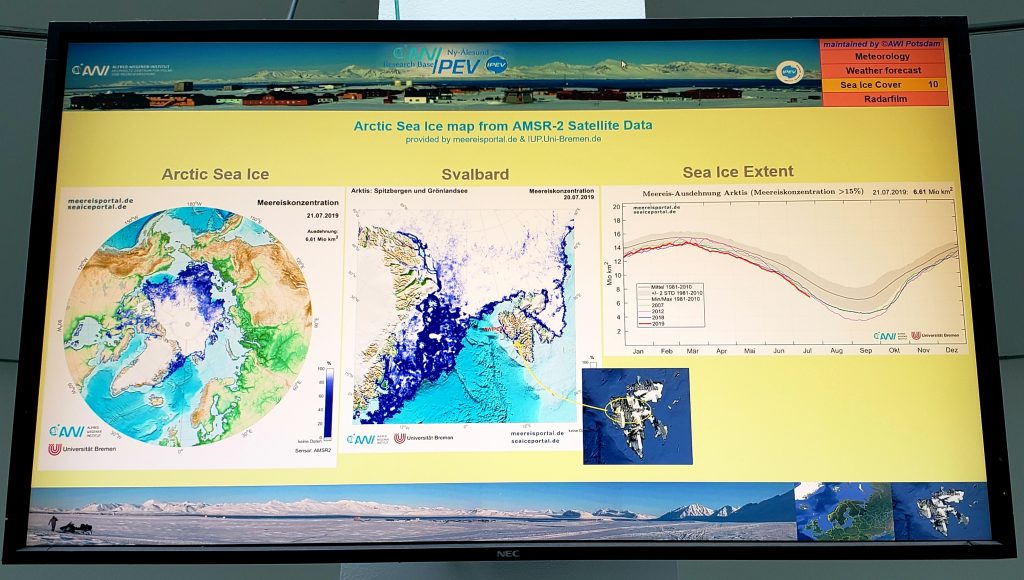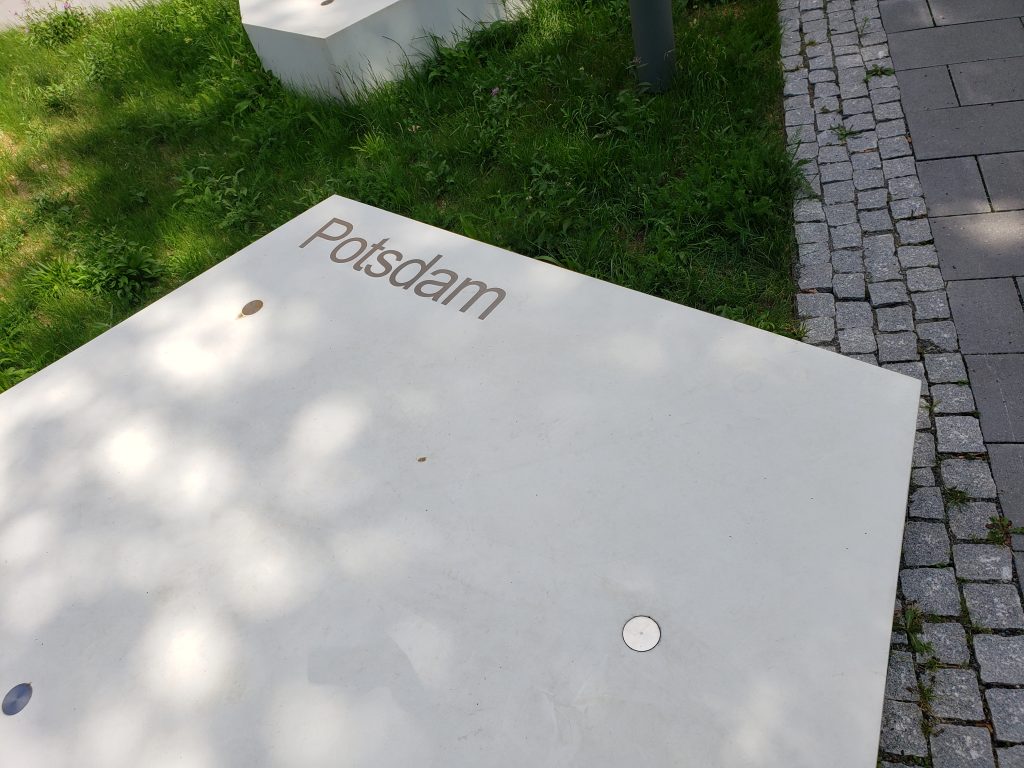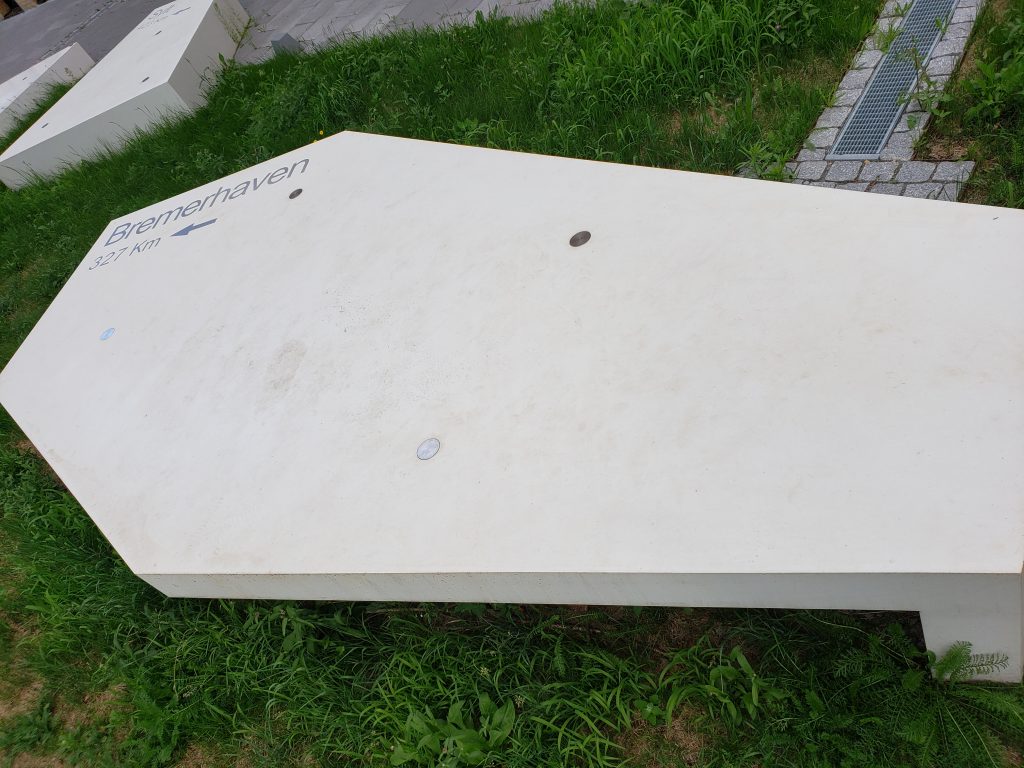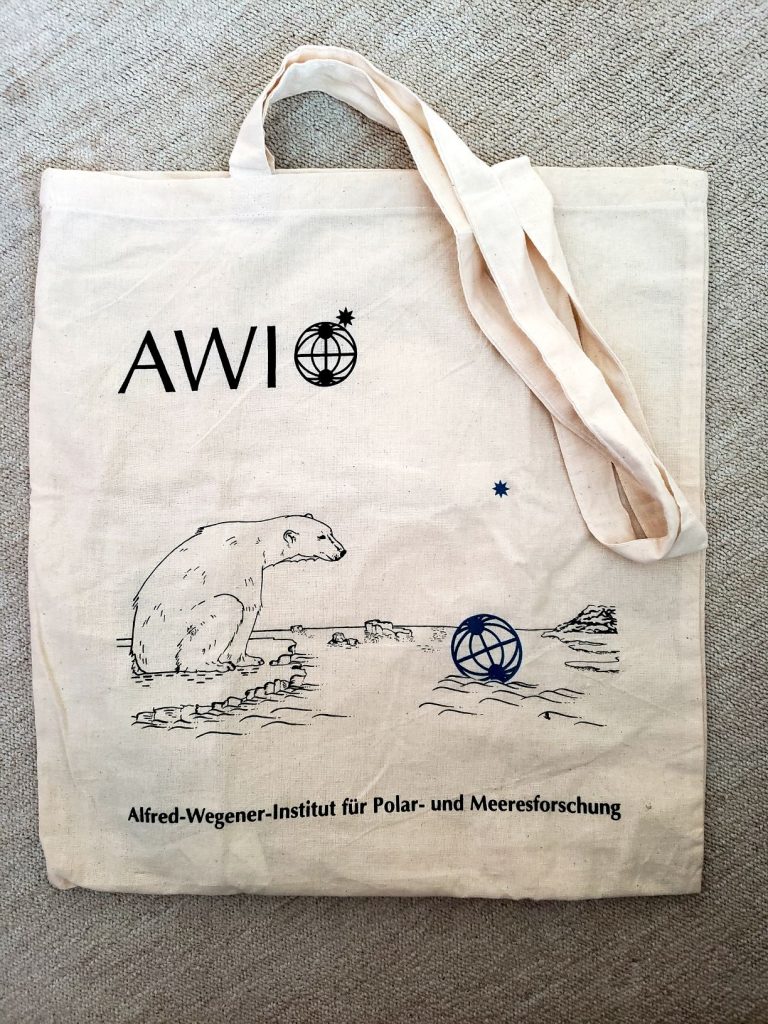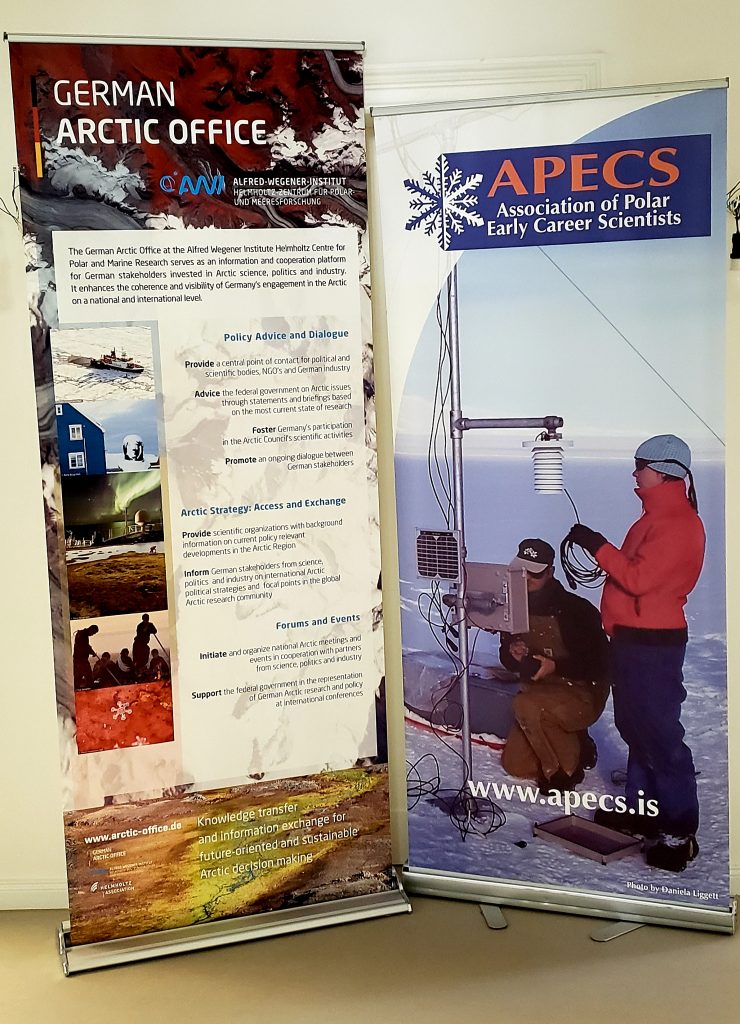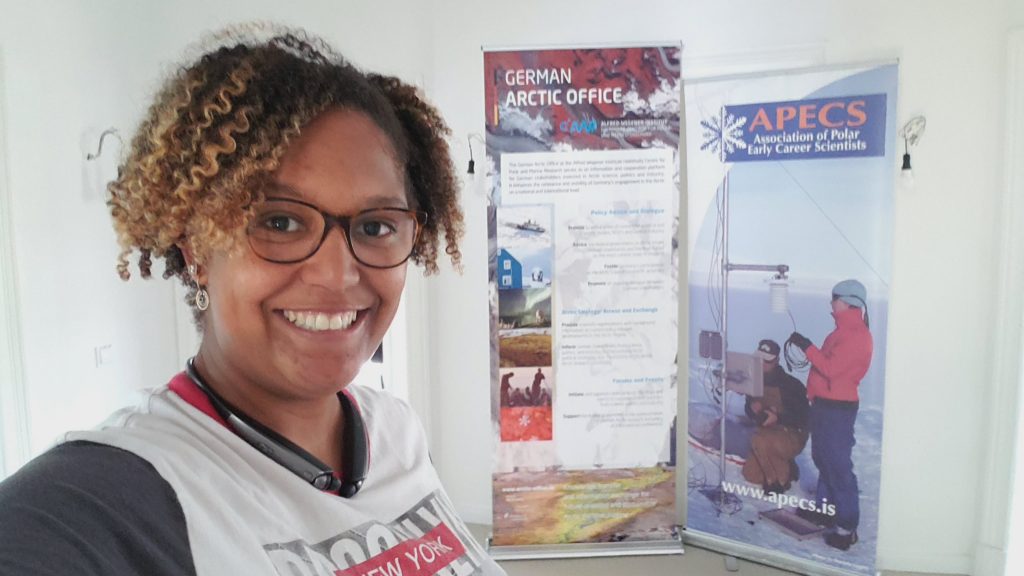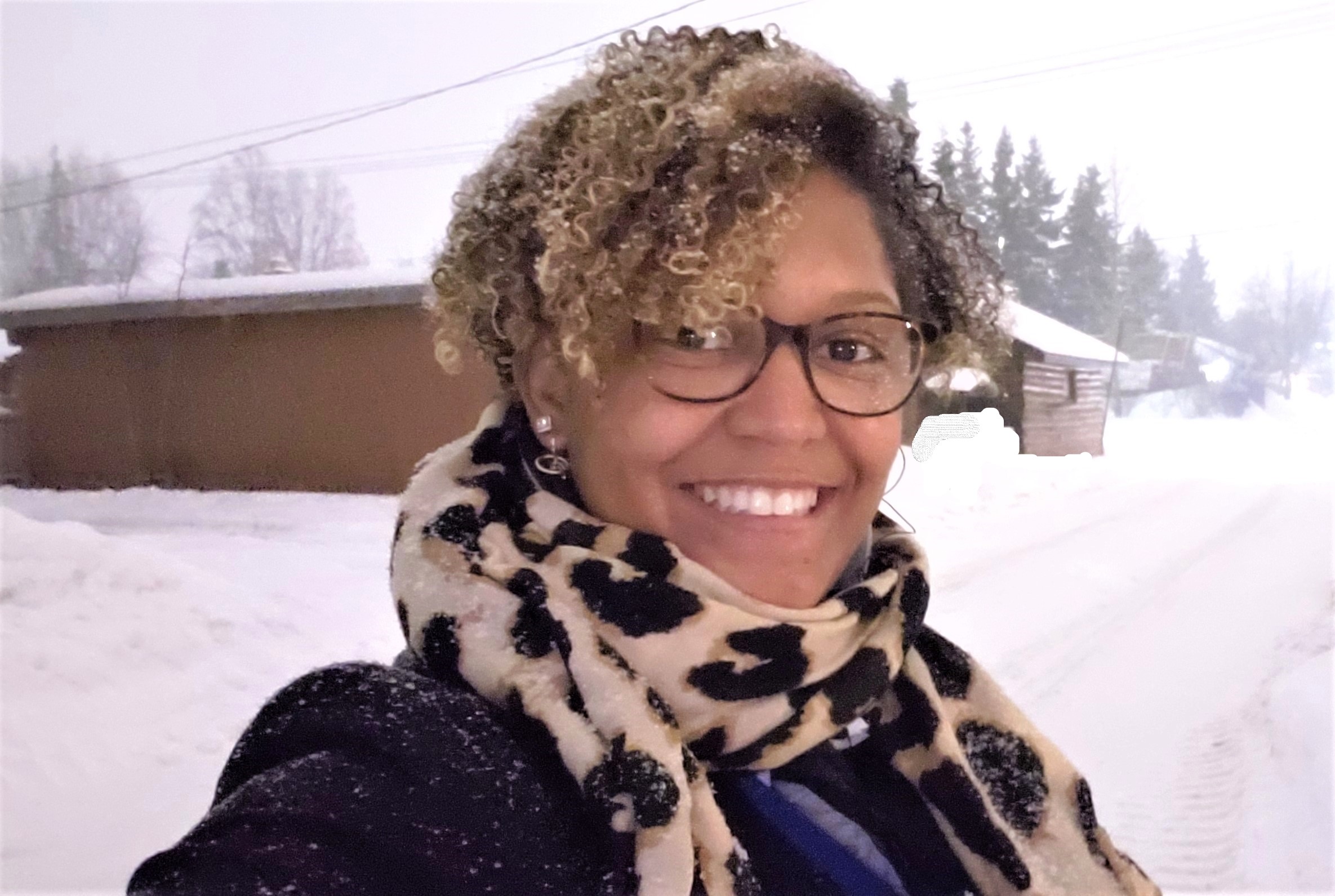
I will begin this post as I ended my first post with a picture of me and the German Arctic Office banner. My CBE Fellowship with the Alfred Wegener-Institut German Arctic Office is coming to a close.
My daily routine of bike riding, taking the 92 Tram to/from Kirschalle/Postdam Hauptbahnhof and then the 691 bus to the AWI on the Telegrafenberg and eating lunch with Dr. Rachold, Lisa and Gerlis of APECES everyday in Cafe Freundlich has come to an end. I spent time with new friends from IASS, ate Doner Kebab, currywurst, dranked German beer and visited several of the historical sites in Potsdam and Berlin (pictured below) while working for one of the best Arctic science organisations.
There were tough times in the beginning and I thought often about whether I made the right decision. There was not much of a cultural shock to me despite some significant challenges, but I’m glad I can say that I survived 2 months in Germany, and that I was able to complete a fellowship at the AWI. I fulfilled my dream of working with the AWI. I feel very accomplished! And I am so lucky! Here’s to next time and future collaborations with the AWI and my German Arctic colleagues.
Ich werde euch vermissen. (I will miss you).
What did you accomplish with your host organization? What was the impact of your work?
My CBE Fellowship as an Arctic policy research intern with the Alfred Wegener-Institut German Arctic Office (AWI) located in Potsdam, Germany ended on 20 September 2019. As an Arctic policy research intern, my responsibilities consisted of assisting the head of the German Arctic Office, Dr. Volker Rachold and AWI/APECS project officer, Lisa Grosfeld with organizing an Arctic science to policy workshop taking place in Reykjavik, Iceland in October 2019. My primary work focused on conducting literature review on Arctic laws and agreements to formulate a fact sheet, called Governance in the Arctic. The project addresses fundamental questions regarding Arctic ownership, governance, the role of Indigenous Peoples, existing institutions and agreements, Arctic cooperation, the role of Germany in Arctic policy and science and challenges in the Arctic.
The experience at the AWI afforded me the opportunity to interview Arctic Indigenous representatives of the Arctic Council Indigenous Peoples’ Secretariat in Tromsø, Norway, the Director of the Arctic Centre in Lapland, Finland and the Arctic Governance group at the Institute for Advanced Sustainability Studies (IASS) in Potsdam, Germany. Additionally, I was able to interact with representatives from the Germany Federal Foreign Ministry and the head of the MOSAiC Arctic expedition, Dr. Markus Rex. The final product of the fact sheet was well received by my AWI colleagues. We anticipate that the fact sheet will also be well received throughout the Arctic community, the German Federal Government, the Arctic States and the general public.
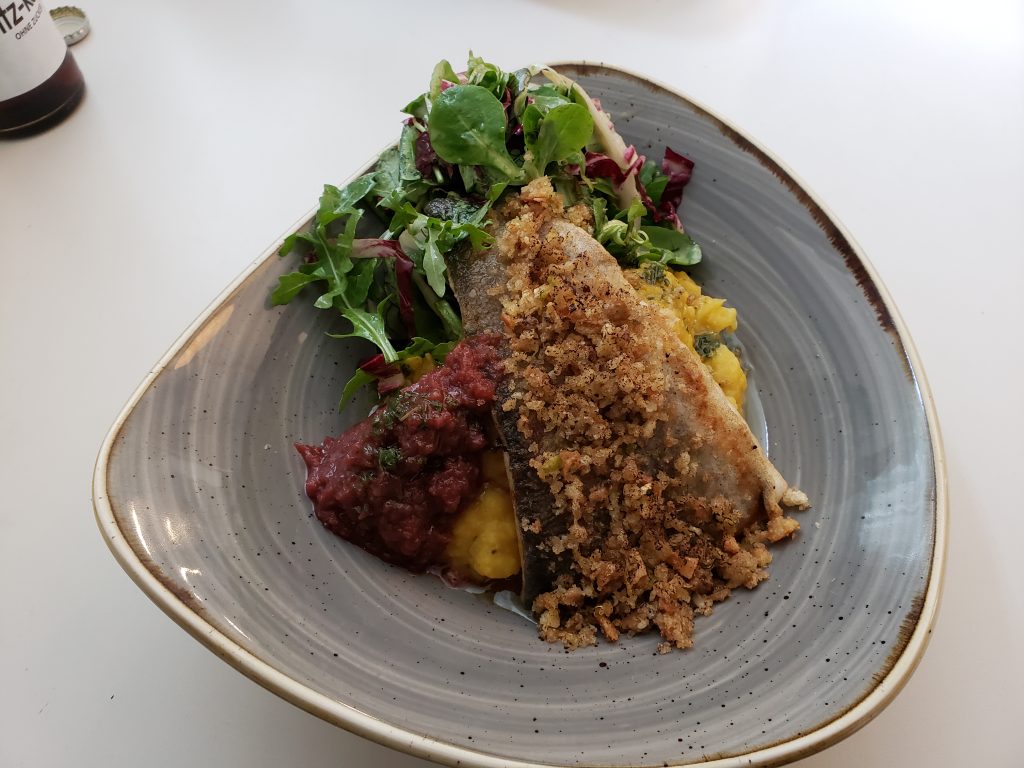
Describe the benefits of this experience for you professionally and personally.
In 2016, I decided to apply to graduate school and focus on Arctic policy. I wanted also more than anything to work for the Alfred Wegener-Institut Helmholz Center for Polar and Marine Research. I can say with great pleasure that I can check these two items off my list. My experience interning with the AWI was extremly benefical to my career development. Prior to my relocation to Germany, I had been working as a CBE graduate assistant to senior CBE Fellow and Executive Director of the Study of Environmental Arctic Change (SEARCH), Dr. Brendan P. Kelly. He has worked extensively in the field of Arctic science as a marine biologist and now focuses on the science to policy interface. This interface is part of my professional and personal interest.
I had the opportunity to work directly with Dr. Rachold and communicate with other science and policy practitioners on this topic. I connected also with directors from other Arctic organizations and was introduced to representatives from the German Federal Foreign Ministry. We discussed the importance of a sustainable Arctic. I met also Dr. Hugues Lantuit at the AWI, who is a geologists and permafrost expert guiding the Nunataryuk Horizon 2020 permafrost project. I will collaborate with Dr. Lantuit on this project in my current position as a project assistant at Grid-Arendal in Arendal, Norway. The benefits of my professional and personal experience working at the AWI has afforded me opportunities I didn’t think would be available to me this early in my professional and graduate career. I have further expanded my Arctic network by building relationships with others in the Arctic community. Additionally, I was fortunate to attend the Arctic Futures 2050 conference in Washington, D.C. during my fellowship with the AWI. Here I connected with other like minded professionals to bridge knowledge gaps between the science, indigenous traditional knowledge holders and policy makers. I am grateful to Dr. Kelly and Rachold for allowing me to be apart of these experiences. Through every experience I gain a new mentor, colleague and friend. I am glad to be a professional member of the Arctic community.
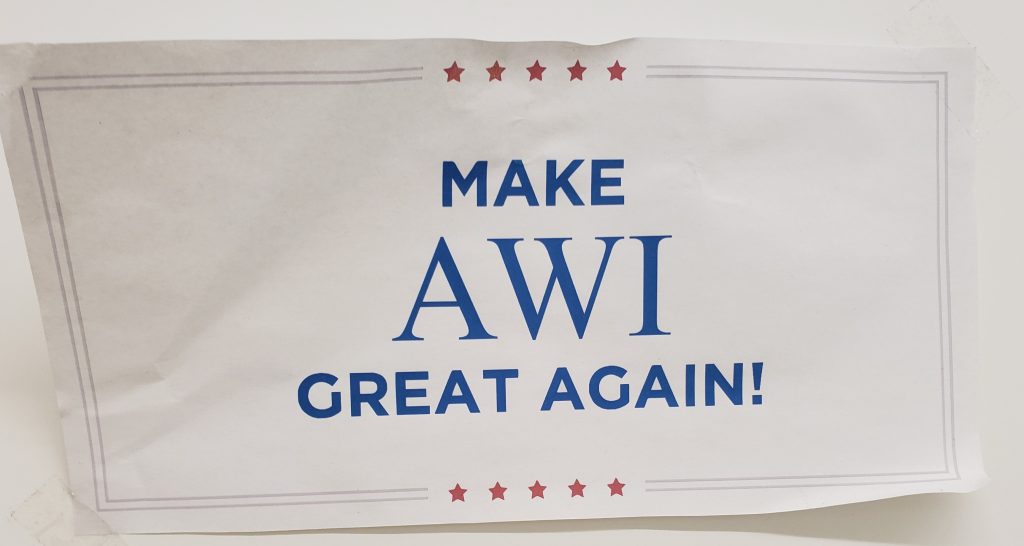
Did your experience provide any unexpected discovery, self-reflection, or epiphany?
Not to dwell on the negative because it leads one down a rabbit hole but my experience in the country of Germany began as an unwelcoming one. I was met with unkindness at different levels by locals and native Germans. This was my first time traveling to Europe. I was disappointed. I did not have unrealistic expectations and I was not expecting to be met with such terrible disturbances. These moments preyed on my mental state. However, I thought about the girl from 2016 who declared that she would work for the AWI. This girl told her MIIS career advisor that she would become the first MIIS student and alumni to work for the AWI and she did. This girl is me. After rebooting and centering myself I was not going to allow these outside disturbances to interfere with the thing I love most – my Arctic work. I persevered. I gained more from this experience with the AWI and living internationally than I could have ever imagined. I learned a lot about myself and others. The environment on the science campus and the AWI was very supportive and welcoming. The AWI German Arctic office is small. It consists of three people. I was glad I could work in such an intimate setting with my colleagues. We ate lunch together every day and learned much about one another. Dr. Rachold put in a great deal of effort to make sure I was comfortable, welcomed and made me feel part of the AWI. The AWI was everything I envisioned it to be, and I am forever grateful and indebted to Dr. Rachold for inviting me to intern under his direction. I am glad to call him a mentor, colleague and friend.

The German Arctic Office is located in the building behind me.
